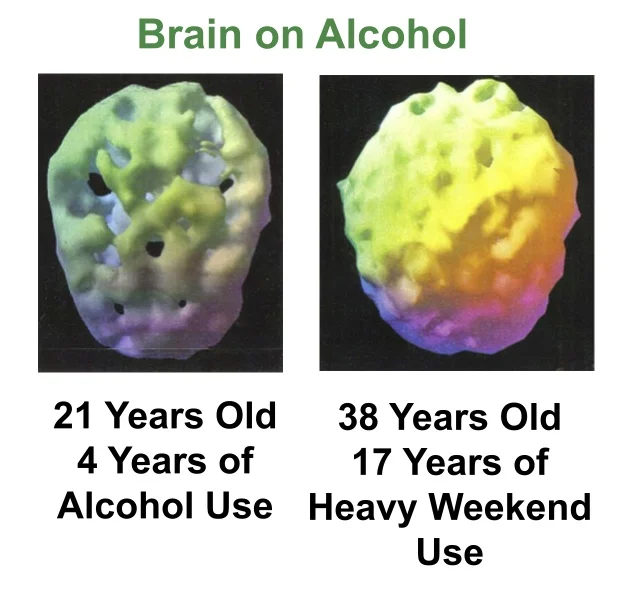Alcohol
Alcohol continues to be the most widely used substance of abuse among America’s youth; a greater proportion use alcohol than use tobacco or other drugs.
Parents often think that “teaching” their children to drink, or allowing underage drinking in their home helps to prepare youth for the drinking culture. A well researched study documented in the Journal of Studies on Alcohol and Drugs, 2011 found the opposite to be true.
The study authors found that “Providing opportunities for drinking in supervised contexts did not inhibit alcohol use or harmful use in either state. These results, coupled with recent evidence from Dr. van der Vorst and colleagues (2010), lead us to suggest that policies should not encourage parents to drink with their children nor provide opportunities to supervise their use. Even after adolescents begin to drink, adult supervision of alcohol use appears to exacerbate continued drinking and harms associated with drinking. Results from the current study provide consistent support for parents adopting a ‘no-use’ standard if they want to reduce harmful alcohol use among their adolescents.”
Dr. van der Vorst, in the Netherlands, found that underage teens who were allowed to drink with their parents were far more likely than other teens to also drink with friends on the sly—and to drink more heavily. She concluded her article with this: “If parents want to reduce the risk that their child will become a heavy drinker or problem drinker in adolescence, they should try to postpone the age at which their child starts drinking.”
American Medical Association research indicates that teenagers who drink alcohol may permanently damage their still developing brains. The human brain does not reach full maturity until into the twenty’s. Underage drinking causes chemical changes that can hardwire the teen brain for addiction. Youth who begin drinking before age 15 are four times as likely to become alcoholics as those who begin after age 21.
Under Wisconsin law a parent may give their own child alcohol but may not give any other child alcohol, even with another parent’s permission. If a parent gives his/her own child alcohol, that child should remain under the direct supervision of the parent until all alcohol has left the child’s system. Current recommendation is 24 hours.


